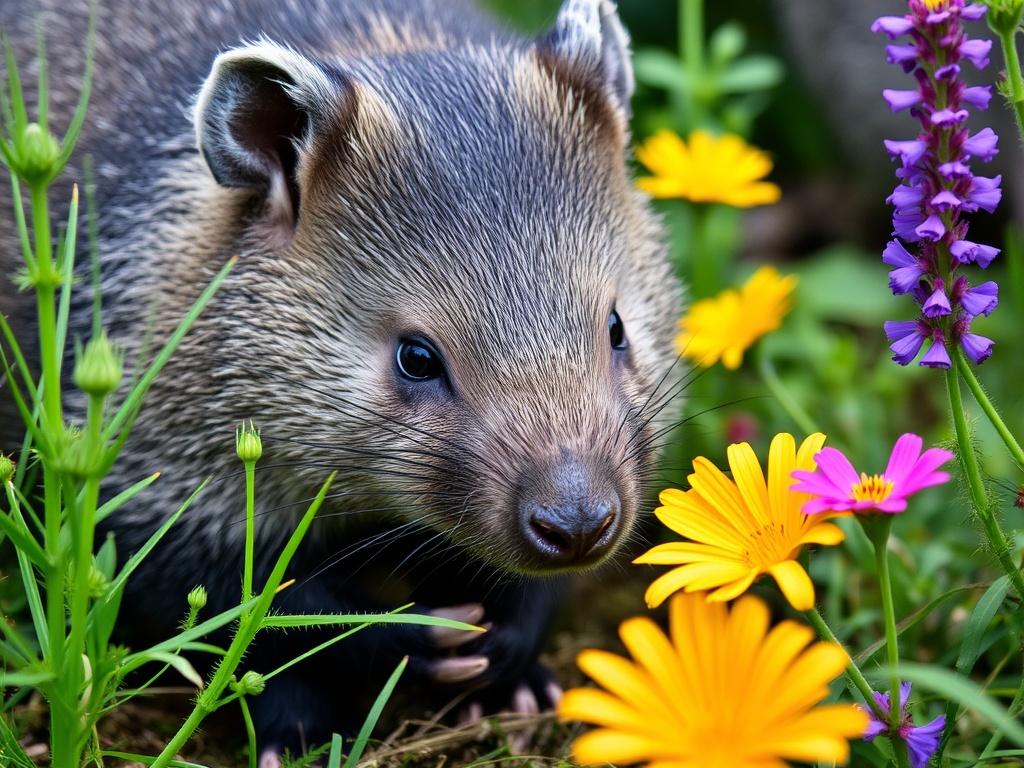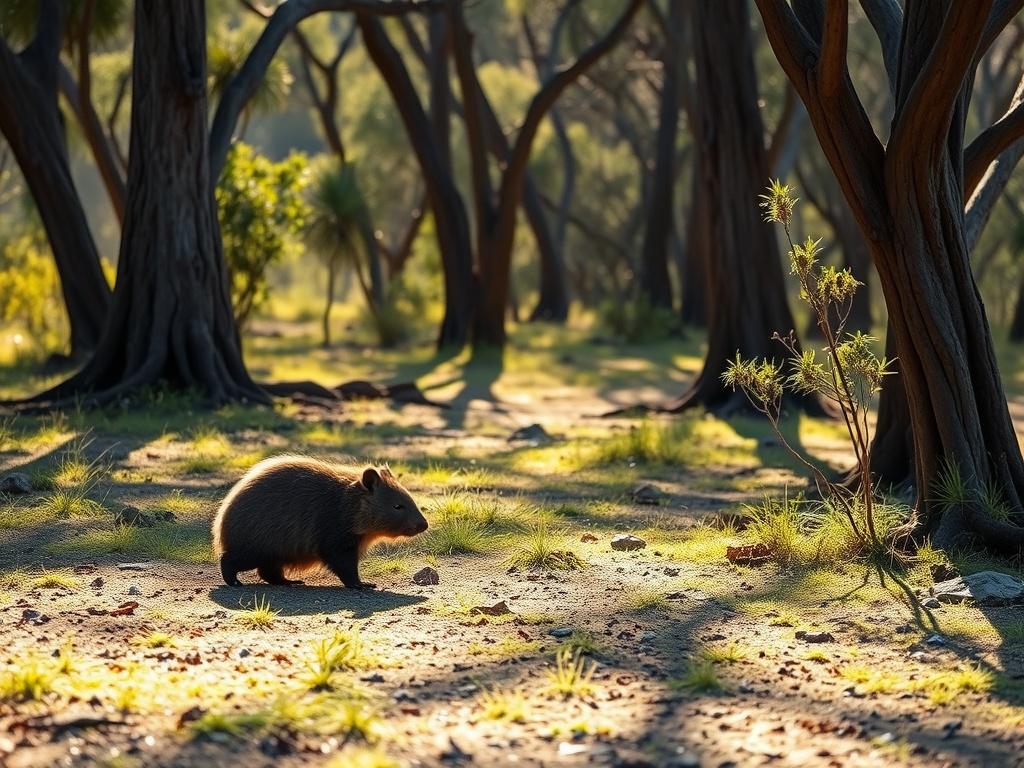An American social media influencer has recently ignited a fierce backlash in Australia after she removed a baby wombat from its mother and shared the footage online. Sam Jones has drawn the ire of both wildlife conservation organizations and the Australian public after posting a video in which she picks up the infant marsupial. In her Instagram post, she exuberantly declared, “My dream of holding a wombat has been realised!”
Wombats are native to Australia and are classified as a protected species under Australian law. However, Ms. Jones’s joy was short-lived as her actions were met with widespread condemnation from various quarters, including The Wombat Protection Society, the Australian Prime Minister, and the Minister for Home Affairs. Following the uproar, her visa status is now under review.
Who is Sam Jones?

Sam Jones hails from Montana, USA, and is a social media influencer known for her adventurous lifestyle. She describes herself as an “outdoor enthusiast and hunter” on her Instagram profile. According to her bio, she holds a Master of Science degree in wildlife biology and environmental science. Additionally, she refers to herself as a “world travlin’ cowpoke” who is “never stagnant.” Her Instagram account, Samstrays_somewhere, has garnered nearly 92,000 followers.
What happens in the baby wombat video?
In the controversial footage shared on her Instagram, Ms. Jones is seen at the side of a road in Australia at night, picking up the furry creature from a grassy verge. She excitedly runs back towards a man filming the incident, exclaiming, “I caught a baby wombat!” Meanwhile, the mother wombat can be seen anxiously following her across the road, while the baby struggles to escape her grasp, hissing in distress.
Ms. Jones then places the baby wombat back on the ground, near its mother. In the comments section of her post, she claimed, “The baby was carefully held for one minute in total and then released back to mom. They wandered back off into the bush together completely unharmed. I don’t ever capture wildlife that will be harmed by my doing so.” Despite her reassurances, the incident sparked outrage throughout Australia, leading her to delete the post and subsequently make her Instagram account private. Several media outlets, including 10 News First in Australia, have circulated the footage widely.
What have Australians said about the wombat video?
Prime Minister Anthony Albanese publicly condemned Ms. Jones’s actions, stating, “To take a baby wombat from its mother and clearly cause distress to the mother is just an outrage. I suggest this so-called influencer might try interacting with some other Australian animals. Perhaps take a baby crocodile from its mother and see how that goes.”
Home Affairs Minister Tony Burke announced that his department is reviewing the visa status of the American influencer to determine whether immigration laws have been violated. He remarked, “Given the level of scrutiny that will occur if she ever applies for a visa again, I’ll be surprised if she even bothers. I can’t wait for Australia to see the back of this individual; I don’t expect she will return.” His comments have sparked a petition online to have Ms. Jones banned from the country, which has already amassed over 28,000 signatures.
Dr. Tania Bishop, a wildlife veterinarian from the rescue organization Wires, expressed her concerns to Australian media, stating that the footage was “very distressing because we didn’t get to see whether the joey [infant marsupial] was okay afterwards or whether there was any sort of permanent damage.”
The Wombat Protection Society of Australia criticized Ms. Jones for her actions, stating, “It’s a terrible idea to pick up or interfere with wild animals—especially baby wombats.” Their statement reflected the sentiment that the Instagram footage was “hard to watch,” adding, “Seeing a joey separated from her mother for social media content was unsettling. The encounter would have caused significant stress for both the baby and the mother.” They noted, “Unfortunately, we are witnessing a rise in people directly interacting with wildlife in pursuit of social media attention, which can have detrimental effects on these animals.”
In light of these events, the organization advised, “If you can’t captivate an audience with the wonders of wildlife without harassing a wild animal, then perhaps it’s time to rethink and refine your social media strategy.”
The i Paper reached out to Ms. Jones for a comment prior to publication, but did not receive a response.




